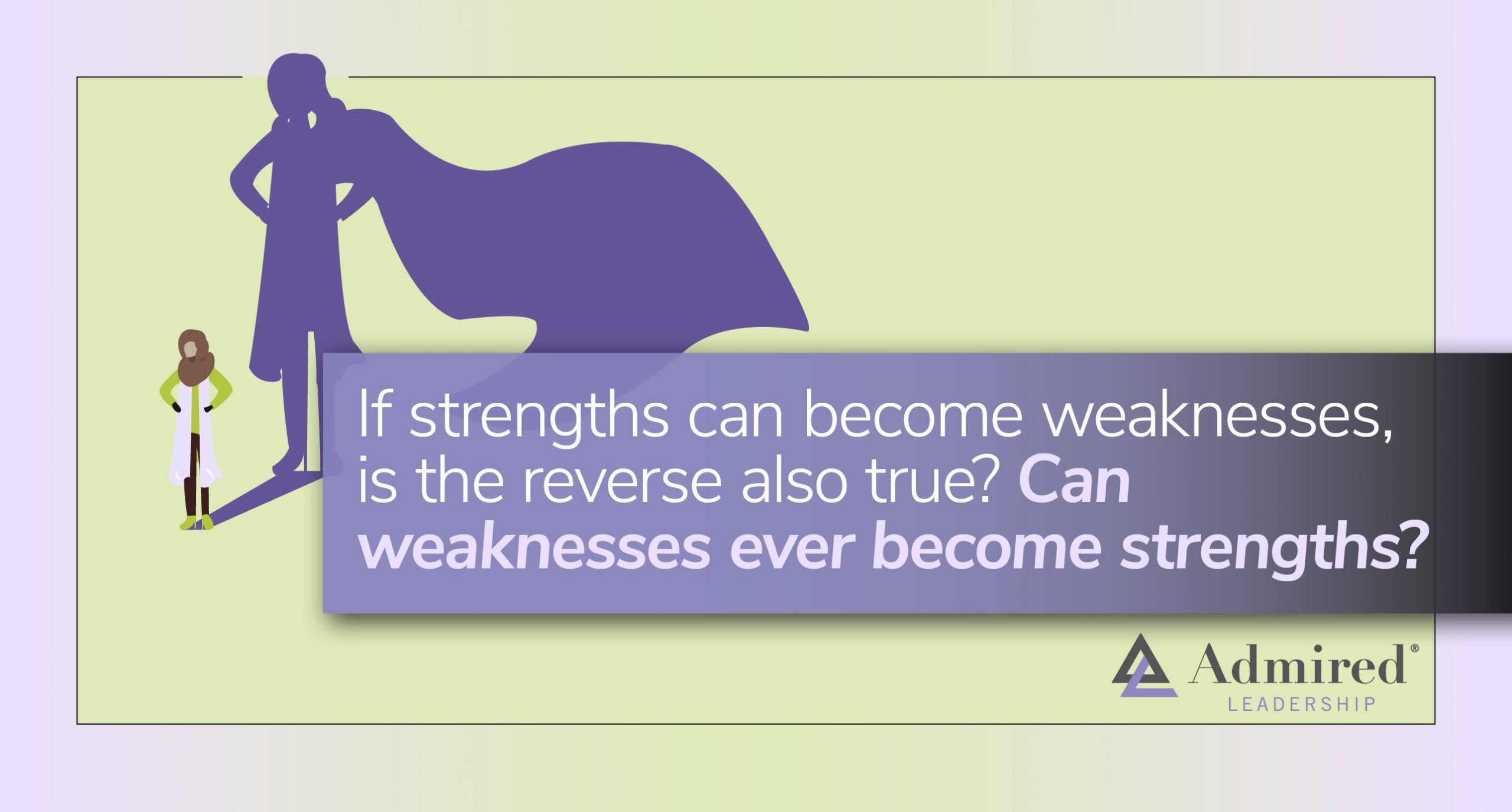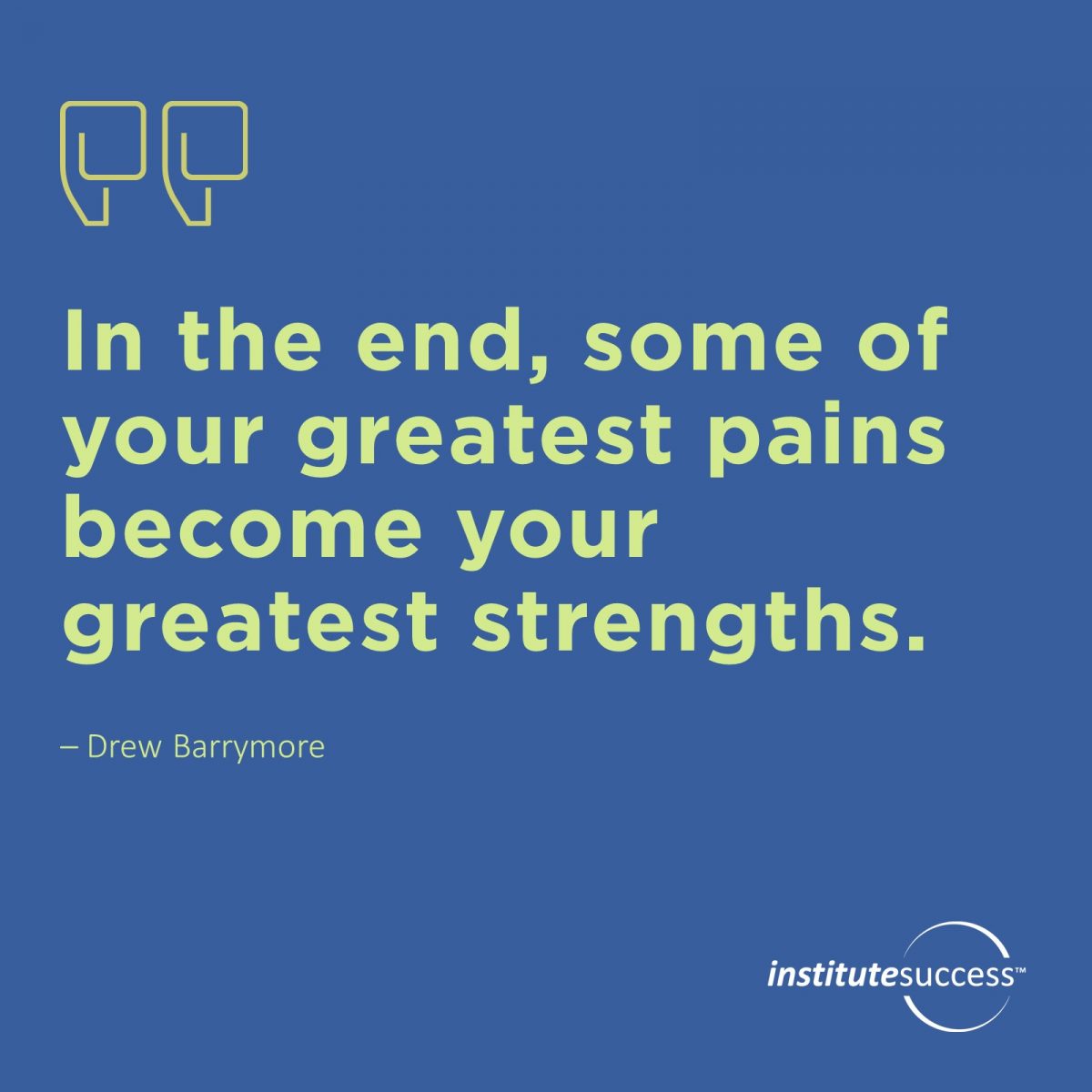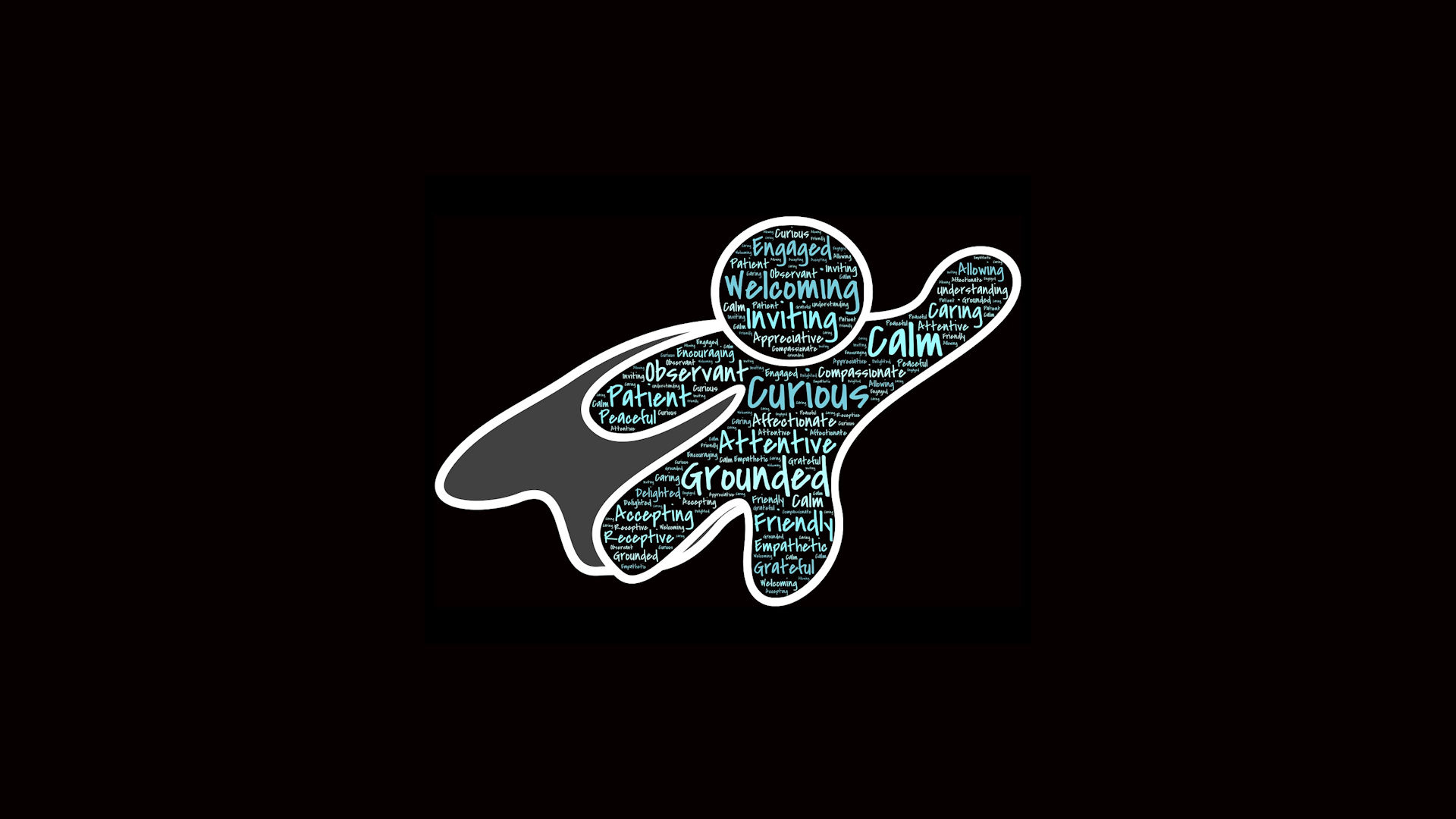When you think about the deep understanding of human nature, it’s like diving into an ocean of complexities, emotions, and behaviors that shape our world. Directors, whether in film, theater, or leadership roles, are masters at navigating this intricate landscape. Their ability to tap into the greatest strengths of human nature is what sets them apart. They’re not just storytellers; they’re architects of emotions, weaving together narratives that resonate with audiences on a profound level. Imagine being able to connect with people in such a way that your work becomes a mirror reflecting their innermost thoughts and desires. That’s the power of a director with a deep understanding of human nature.
This journey into the depths of human nature isn’t just about observing behaviors; it’s about understanding the motivations, fears, and aspirations that drive us. Directors who possess this deep understanding can craft stories that not only entertain but also challenge and transform. They have the ability to bring out the best in their teams, creating environments where creativity can flourish. This article will delve into the ways directors leverage their understanding of human nature to achieve greatness, exploring the tools, techniques, and mindsets that make them successful.
As we explore the intersection of human nature and the director’s craft, we’ll uncover the secrets behind their success. From the psychological insights that inform their decisions to the practical strategies they employ on set or in the boardroom, this article will provide a comprehensive look at what it takes to be a great director. So, buckle up and get ready to dive deep into the world of directors who understand human nature better than most.
- Flixer Alternatives
- Megapersonals Hookups Dating More Year Guide
- Freemovies2021 Com
- Bflix To Movies
- Desiremoviesbollywood
Defining Deep Understanding of Human Nature
Before we dive into the specifics of how directors use their deep understanding of human nature, let’s first define what we mean by this term. At its core, a deep understanding of human nature involves recognizing the patterns, emotions, and social dynamics that influence human behavior. It’s about seeing beyond surface-level actions and delving into the underlying motivations that drive people. For directors, this understanding is crucial because it allows them to create authentic, relatable characters and narratives.
Directors with a deep understanding of human nature can anticipate how their audience will react to certain scenes or dialogue. They know which emotional buttons to press to evoke laughter, tears, or tension. This ability to predict and manipulate emotional responses is what makes their work so powerful. It’s not about being manipulative in a negative sense, but rather about crafting experiences that resonate with viewers on a visceral level.
Why Human Nature Matters in Directing
When you think about the role of a director, it’s easy to focus on the technical aspects like camera angles, lighting, and sound design. However, the most successful directors understand that the heart of their work lies in human connection. The way characters interact, the emotions they convey, and the stories they tell are all rooted in an understanding of human nature. Directors who grasp this fundamental truth can create works that linger in the minds of their audiences long after the credits roll.
- Sadia Khan Is She Married Bio Age Net Worth More
- Sundarikanya New Site
- Movierulz Kannada 2024 Safe Alternatives Risks You Need To Know
- Ullu Apps Palang Tod The Latest Web Series Updates In 2024 You Dont Wanna Miss
- Hindilinks4u Hindi Movies Your Ultimate Destination For Bollywood Bliss
- Human nature provides the foundation for compelling storytelling.
- Understanding human emotions helps directors craft authentic performances.
- A deep understanding of social dynamics ensures that the narrative feels realistic.
Identifying the Greatest Strengths of a Director
Directors are often celebrated for their creative vision, but what truly sets them apart are their greatest strengths. These strengths go beyond technical skills and delve into the realm of emotional intelligence, leadership, and adaptability. A great director is someone who can inspire their team, manage complex projects, and deliver high-quality results under pressure. Let’s explore some of the key strengths that define a successful director.
Emotional Intelligence: The Backbone of Great Directing
Emotional intelligence is perhaps the most crucial strength a director can possess. It involves the ability to recognize, understand, and manage one’s own emotions, as well as the emotions of others. Directors with high emotional intelligence can navigate the often tumultuous world of creative collaboration with grace and empathy. They know how to motivate their cast and crew, resolve conflicts, and maintain a positive working environment.
Research has shown that emotional intelligence is directly linked to leadership effectiveness. According to a study published in the Journal of Applied Psychology, leaders with higher emotional intelligence are more likely to inspire and engage their teams. For directors, this means being able to bring out the best in their collaborators, whether it’s an actor delivering a powerful performance or a cinematographer capturing the perfect shot.
Adaptability: Thriving in Uncertainty
In the world of directing, things rarely go according to plan. Whether it’s a last-minute change in the script, unexpected weather conditions, or technical malfunctions, directors must be able to adapt quickly and effectively. Adaptability is a strength that allows directors to remain calm and focused in the face of challenges, ensuring that the project stays on track.
One example of adaptability in action is the experience of director Christopher Nolan during the filming of Inception. When faced with logistical challenges in multiple international locations, Nolan demonstrated his ability to think on his feet and make adjustments without compromising the quality of the film. This adaptability is what sets great directors apart from the rest.
Biography of a Director
Personal Data and Biodata
To truly understand the role of a director, it’s helpful to look at the life and career of someone who has excelled in this field. Let’s take a closer look at the biography of a renowned director whose work exemplifies the deep understanding of human nature and the greatest strengths of directing.
| Name | Steven Spielberg |
|---|---|
| Date of Birth | December 18, 1946 |
| Place of Birth | Cincinnati, Ohio, USA |
| Occupation | Film Director, Producer, Screenwriter |
| Notable Works | Jaws, E.T. the Extra-Terrestrial, Schindler's List |
Deep Understanding of Human Nature in Action
Now that we’ve explored the theoretical aspects of deep understanding of human nature and the greatest strengths of a director, let’s see how these concepts play out in real-world scenarios. Directors like Steven Spielberg and Martin Scorsese have demonstrated time and again their ability to tap into the depths of human nature to create films that resonate with audiences worldwide.
Case Study: Schindler's List
Steven Spielberg’s Schindler’s List is a masterclass in understanding human nature. The film explores themes of morality, survival, and redemption, all set against the backdrop of one of history’s darkest periods. Spielberg’s ability to capture the complexity of human emotions and motivations is evident in every scene, from the harrowing depictions of suffering to the moments of hope and resilience.
According to Spielberg himself, the key to making Schindler’s List so powerful was his deep understanding of the characters’ motivations. He worked closely with his cast to ensure that every performance was authentic and emotionally resonant. This attention to detail is what makes the film such a lasting masterpiece.
Practical Strategies for Directors
For aspiring directors, learning how to develop a deep understanding of human nature and harness the greatest strengths of the craft is essential. Here are some practical strategies that can help you on this journey:
- Study Psychology: Understanding the basics of psychology can provide valuable insights into human behavior and motivation.
- Observe People: Spend time observing people in different settings to develop your ability to recognize patterns and nuances in behavior.
- Collaborate with Experts: Work with actors, writers, and other creatives who can bring diverse perspectives to your projects.
- Stay Curious: Continuously seek out new experiences and knowledge to expand your understanding of the world and the people in it.
Challenges and Solutions
While the rewards of being a director are immense, the challenges can be equally daunting. From managing large teams to dealing with tight deadlines, directors face a myriad of obstacles that require both creativity and resilience. However, with the right mindset and strategies, these challenges can be overcome.
Managing Creative Differences
One of the most common challenges directors face is managing creative differences with their team members. When egos clash or visions differ, it can lead to tension and conflict. The key to resolving these issues is open communication and a willingness to compromise. Directors who approach conflicts with empathy and a solution-oriented mindset are more likely to find common ground and keep the project moving forward.
The Future of Directing
As technology continues to evolve, the role of a director is also changing. New tools and platforms are emerging that offer exciting opportunities for storytelling and audience engagement. However, the fundamental aspects of directing—understanding human nature and leveraging the greatest strengths of the craft—remain unchanged.
Incorporating Technology
Directors who embrace technology can enhance their ability to connect with audiences and tell compelling stories. From virtual reality experiences to AI-driven editing tools, the possibilities are endless. However, it’s important to remember that technology should serve the story, not the other way around. A deep understanding of human nature will always be the foundation of great directing, regardless of the tools used.
Conclusion
In conclusion, the deep understanding of human nature is what sets great directors apart from the rest. By tapping into the greatest strengths of their craft—emotional intelligence, adaptability, and leadership—they can create works that resonate with audiences on a profound level. Whether you’re an aspiring director or simply someone interested in the art of storytelling, understanding the intersection of human nature and directing can provide valuable insights into the world of film and beyond.
So, what’s next? If you’ve enjoyed this article, why not share it with your friends and colleagues? And if you’re ready to dive deeper into the world of directing, check out our other articles on related topics. Together, let’s continue to explore the fascinating world of human nature and the art of storytelling.
- Filmyfly Xyz Pro
- Filmy4wap Your Ultimate Destination For Hollywood Hindi Movies
- Watch Free Movies Now Legal Streaming Downloads In 2024
- Discover Mydesi Net Your Guide To Desi Entertainment Culture
- Watch Alana Cho Erotic Videos And Pics


